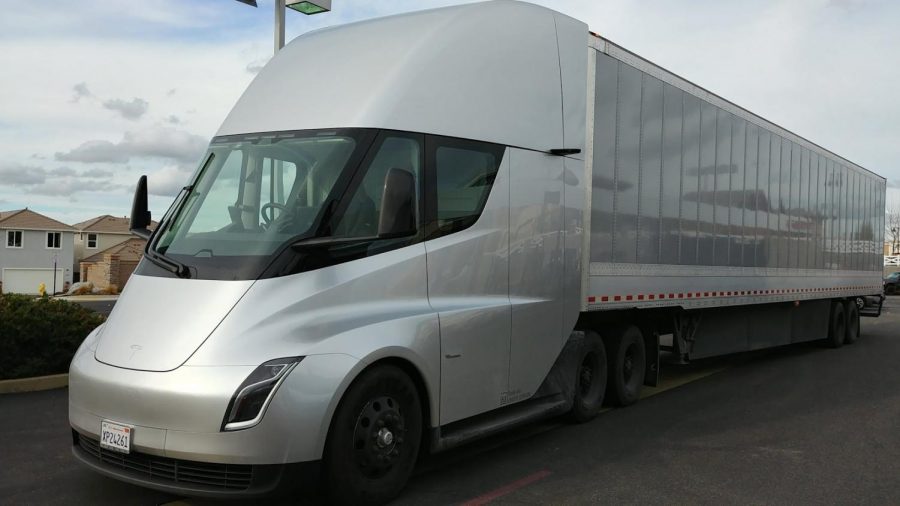Tesla’s Truck
Tesla’s semi truck can do 0 to 60 in 20 seconds.
But can it perform where it counts?
Automotive innovator Elon Musk has decided now’s the time to bring electric car technology to the trucking industry. But that technology isn’t necessarily ready.
Tesla officially unveiled their electric truck tractor concept in November 2017. Thanks to the help of former Freightliner engineer Jerome Guillen, the truck looks really cool. If you think that an almost-cabover, highly aerodynamic, futuristic looking machine is really cool.
Now one issue with the truck can be seen from the exterior. The driver sits in the middle. Which is actually nice, except for when you pass, and have to swing the truck out into traffic to see around. And get in and out. But thanks to the electric motors powering the truck, the engine and transmission won’t have the be relocated to accommodate the second seat.
The next thing that is very unique about the truck, and which Tesla is very proud of, is that with an 80,000 pound payload, the truck can accelerate to 60 miles an hour in only 20 seconds. Which is faster than almost all diesel powered trucks, regardless of payload. That’s because conventional truck transmissions provide more torque than speed in lower gears, whereas the electric motors can (theoretically) create both torque and power. Whether electric motors can create enough torque for off road applications remains to be seen.
The problem with this electric powertrain is that it doesn’t provide the versatility of a diesel truck. Heavy batteries have to be carried by the truck, cutting into the legal payload maximum. The batteries run down and have to be recharged, limiting the truck to a 500 miles range. Consider that over the road trucks can travel over double that in a day, and be refueled in a matter of minutes.
That means that electric trucks have primarily been seen as viable by delivery companies. In cities, where the truck doesn’t have to lay down the miles, gas stations are either inaccessible or cut into the productivity of the truck, and constant shifts and changing engine speeds, especially under inexperienced drivers, give electric trucks a cost advantage over diesel ones.
But for over the road applications, diesel can’t be beat. At least, not by electric trucks. That’s because diesel trucks don’t have the range limitations of electric trucks or the weight of batteries. However, some companies think they might still be an important part of their fleets.
Betting on faster charging technology, decreased maintenance costs, and the publicity associated with reducing carbon emissions reductions goals, a number of companies have made deposits on Tesla trucks. Now, all that remains to be seen is if they live up to they hype.









